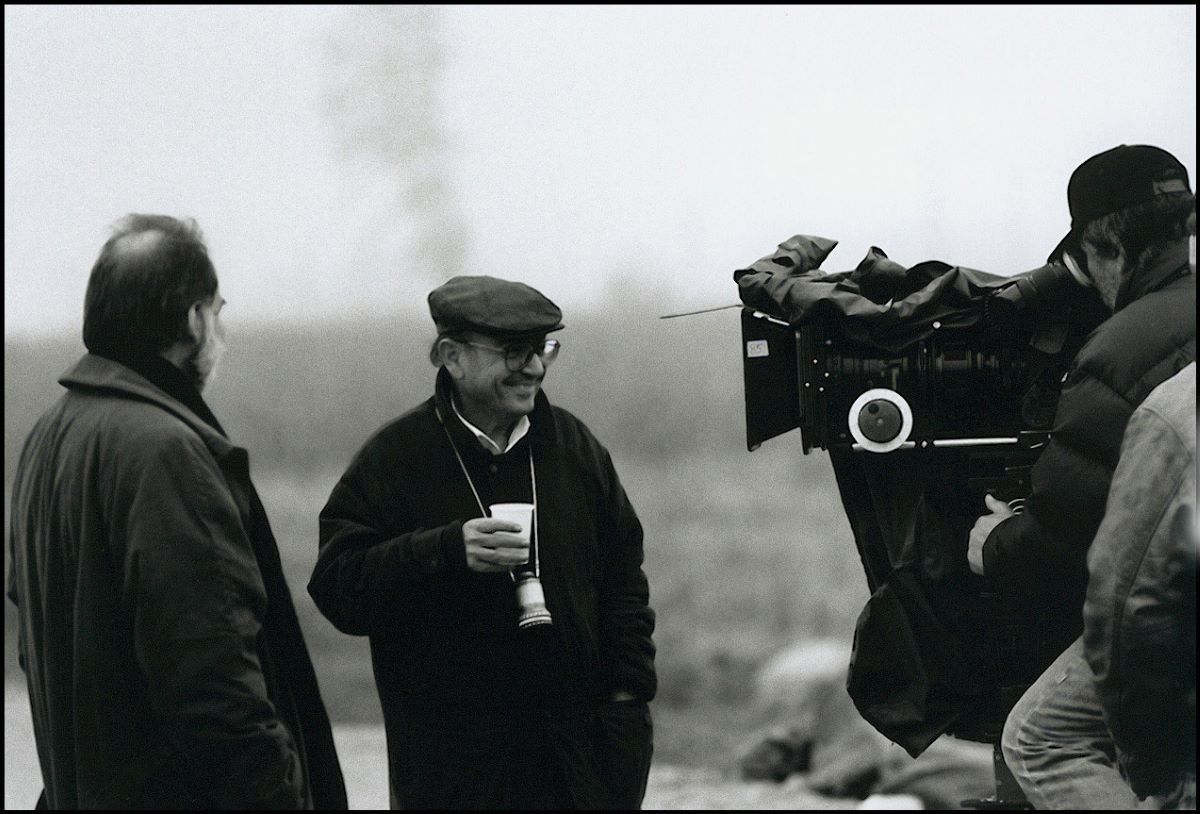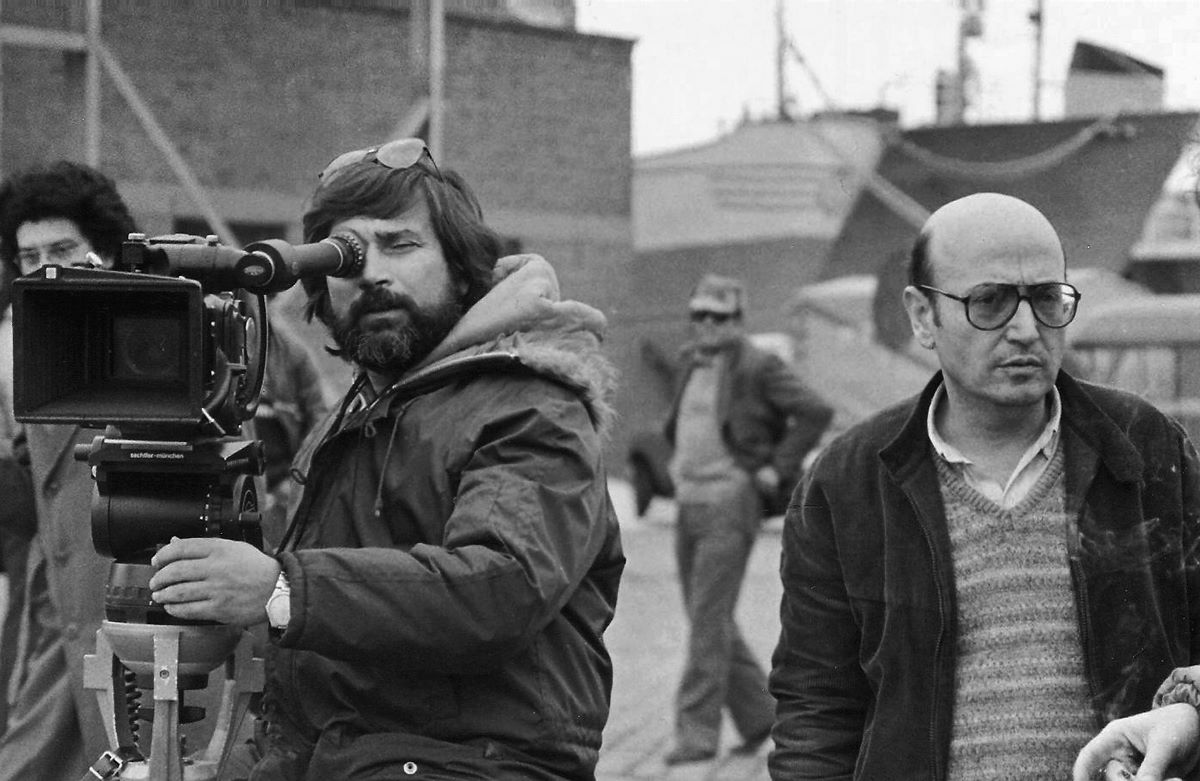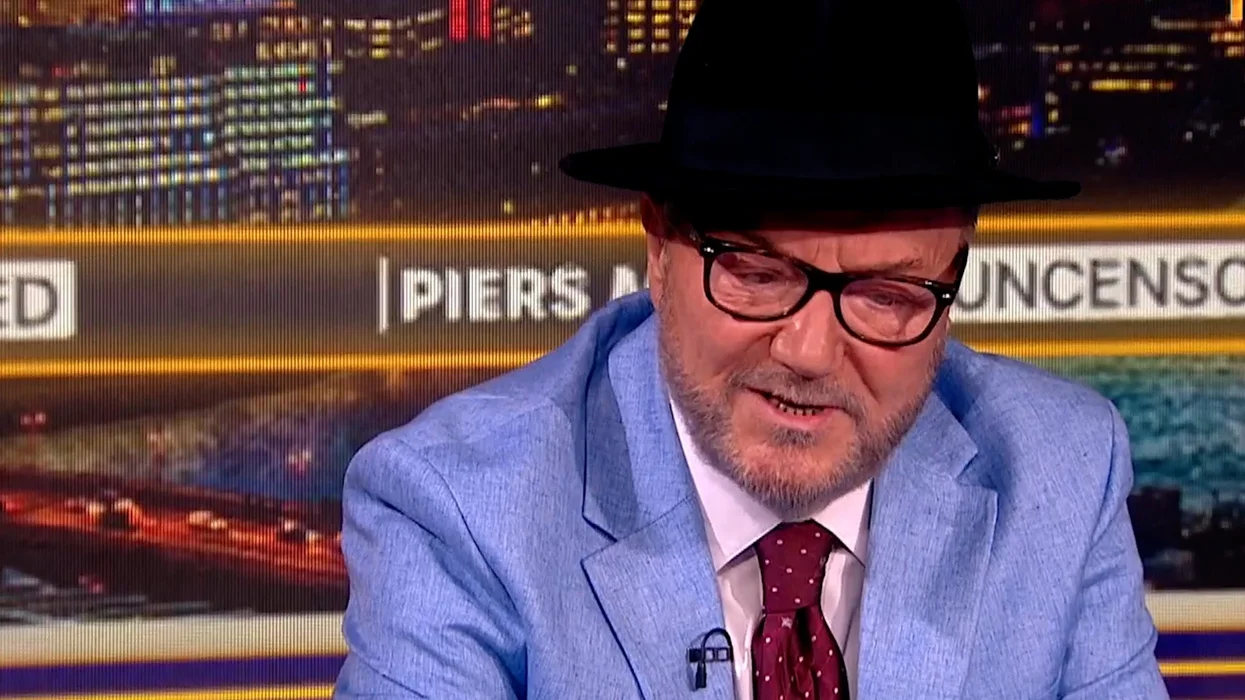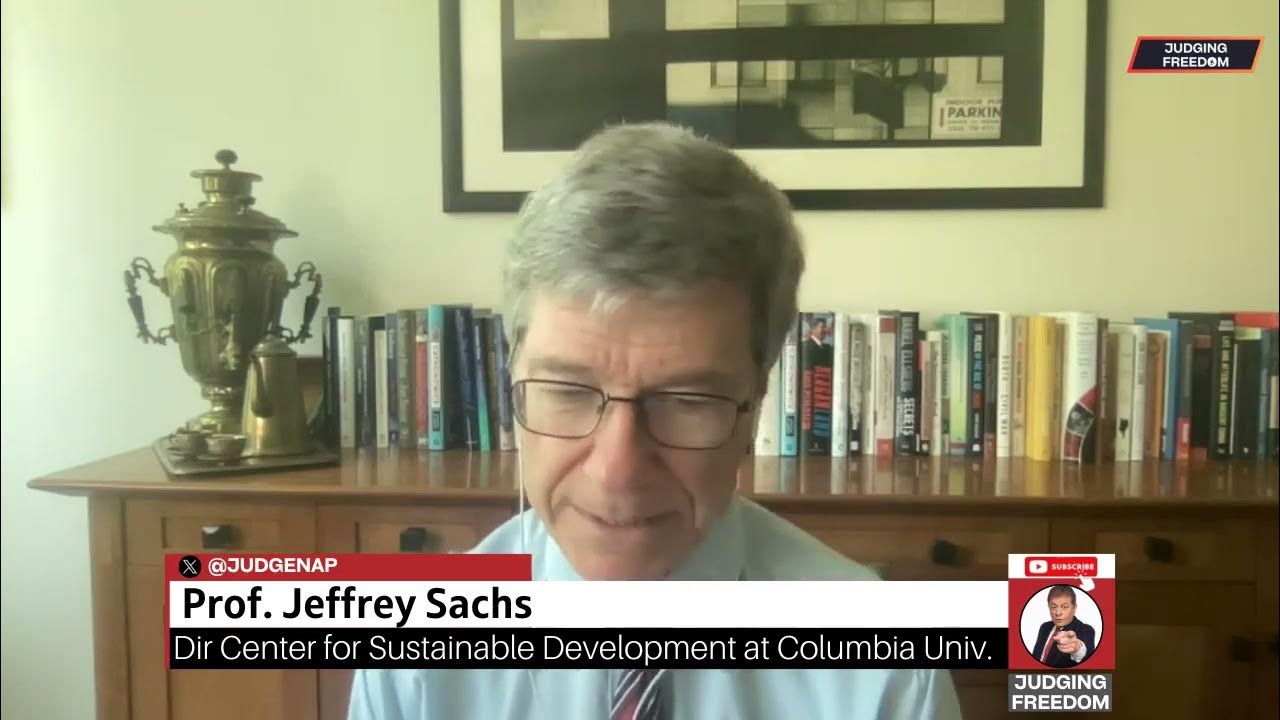Quiet.
Calm.
Intense.
Concerned.
Experienced.
Each word is a valid description of Harry Dean Stanton.
Many who have seen his seemingly effortless performance as “Brett” in Alien might be surprised to learn the breadth of his career and the depth of his abilities.
Twenty years an actor, he possesses a wealth of knowledge and technique which makes each of his performances seem like the first.
Alien may be the death-knell for Stanton’s anonymity with audiences. Given its huge success and the fact that the actor has made three notable films since—Wise Blood, Deathwatch, and The Black Marble—the change seems sure to come.
It is our great privilege to present this exclusive interview with Harry Dean Stanton as he discusses his love of his craft, his hate of “formula” science-fiction, and his passion for reality.
RM: What first attracted you to the Alien script?
STANTON: I don’t know what’s printable about that. I wasn’t attracted to it at all. It was Ridley’s enthusiasm, actually, and his desire for me to be in the film that did it. On my initial meeting with him, I told him I didn’t like science-fiction. He said he didn’t either. But he liked this one. I asked if it was an expensive picture. That is, did he have enough money to do it. He told me later that that was why he hired me.
RM: Well, that certainly throws out all my sci-fi questions. Except this: why don’t you like sf?
STANTON: I like real things. I think reality is beautifully done. Authenticity. You so rarely see it. All we get is myths and morality plays.
RM: When you saw the script for Alien did you see an opportunity to put reality into it?
STANTON: No, it looked pretty bleak. Of course there wasn’t that much there, acting wise. I had to improvise what I did. About all I had to say in the script was “right.” That’s all there was to the part. Thai’s all I had to work with. “Right.” That was it.
RM: You managed to make a joke of that characteristic in the film, though.
STANTON: Right.
RM: Speaking of your casting problems, does it bother you at all to be still thought of as an “unknown” after all these years?
STANTON: In a way. I’ve gotten star billing in Straight Time and Alien and in Wise Blood, directed by John Huston. I’ve been
getting good credit. Not necessarily first position, but it’s star billing. You know. I’ve tended to lay back, anyway. Instinctively I’ve never been a publicity hound.
RM: Even so, your ability to act in harmony with every film you’re in deserves attention. Is that naturalness something you work at, or does it indeed come naturally?
STANTON: That’s been a very very vital thing in my career really. You know we’re all taught how to walk with a limp and do different voices. Peter Sellers is great at doing that. Olivier, and of course Marlon [Brando] is good at that kind of thing—attacking an external character and making it work. But somewehre along the way … I did a picture with Jack Nicholson called Riding the Whirlwind. Are you familiar with that?
RM: No, actually.
STANTON: Well. Jack and 1 have known each other for years, before either of us became prominent. He wrote the script, starred, and produced it. He wrote one of the principal roles for me—Blind Riley, a stage robber. And he told me he didn’t want me to act in it. He said just be yourself and let the wardrobe do it. And that’s what I’ve been trying to do ever since. I figure if I can get to the point where I’m totally playing myself, then I can gradually ease into a totally real character. I’m playing whole different kinds of parts, but I found out in rehearsal that unless I play myself I couldn’t get the truth of the material. Or say the lines. Unless I believe what I’m doing, I don’t do it. Of course with the writers around you always get into a hassle over that. Point being, and I’m not sure that this isn’t a false justification, that if you have any sensitivity at all, you can do it. If you approach it as playing yourself, then let the wardrobe, dialogue, situation and the way the character is written influence you, you’ll find yourself being different. I find myself changed. I’m certainly not like many of the roles I’ve played. But there’s a part of me in every one.
RM: It’s interesting to see how the Brett character developed. It sounds as if he was only created as comedy relief at first.
STANTON: Yeah, it seemed to be, but it was a really lame attempt. Oh, I don’t give a damn, you can tell them there was no part there, except a guy who said “right” all the time. You can quote me on that. So I just proceeded to get in there and punching.
RM: There were some other technical difficulties that probably got in the way of good performances. On most sci-fi films, the special effects are so involved, it takes the edge off the acting. Did you find that true of Alien?
STANTON: Logistically, every film I’ve been in since Straight Time, it seems like, the script has never been fucking clear! Even from point to point. Just movies in general. They’re never totally tight. There are always things that are overlooked. This is dangerous territory … I can get in a lot of trouble over this … but I don’t give a damn.
RM: On the other side of the coin, Alien had seven strong acting talents. Did it take time for all of you to get used to each other?
STANTON: I’ll tell you, every film Idol try to use the other actor. I try to get to know them as soon as I can and I try to react to them as close as possible to what my reactions would be off camera. I just try for a believability and a total reality before the camera. As much as I can bring.
RM: Did your fellow Alien actors go along with that?
STANTON: They did with me. Everybody influenced each other.
RM: Your relationship with Yaphet Kotto really worked on screen…
STANTON: Yeah! Yaphet and I got to know each other, we talked a lot, and I tried to use that as much as possible. If we didn’t like each other, it would have come out in the performance.
RM: The depth of character each of you managed to display was great considering the horror/monster science-fiction genre. How were you able to get so much humanity out of the script?
STANTON: Ridley had a lot to do with that. When we arrived in England he had a character background ready for us starting back when the characters were kids. He had one for everybody who came into the film. He had it all written out himself! That I appreciated totally. It influenced us a lot. I’m sure. And there was my approach, too. The audience does most of the acting, really. The less you do, the more the audience does. I’ve said it before, and I maintain that most of the film’s success is attributable to Ridley. From beginning to end. I just think he’s a consummate filmmaker.
RM: What was it like to work with him?
STANTON: I think the fact that he operates the camera gives whatever film he does another dimension. It’s a personal, indefinable kind of dimension. I saw it in The Duellists. And while he’s on the camera he’s concerned about the actors. And I like his use of close-ups. I’ve long since gone past any sort of ego trip, it’s just that I like to look at people’s faces, not mine, any actor’s. I think that gives the film a real sense of people, too.
RM: Now, this list of Brett’s character … the “Brett Papers.” Did you learn those verbatim or what?
STANTON: I just thought about them a little bit and got a general sense of the kind of a guy Ridley visualized. I didn’t dwell on it a lot. But then I didn’t need to. They were specific things, like where he came from, what his father did, what his mother did, how many missions he had flown, and details like that. 1 can’t remember specifically how many there were. But there were specific facts about his past, his background, and his family. Just to give him some sort of sense as a human being, and not just some sketchy part. Ridley did all that. And he actively talked with everybody. He did a tremendous amount of work that actors usually do.
RM: Some of the more obvious Brett characteristics was his heavy smoking and his Hawaiian shirts. This combination of the futuristic and the mundane was interesting.
STANTON: And it was deliberate. Ridley wanted that. He wanted the ordinary human values and the human element to come through. He wanted the audience to identify with the experience. That things don’t change that much on the human level. He wanted to maintain the human consistency that he felt would always be there.
RM: Did he get into what Earth was like at the time of Alien much?
STANTON: Not really. He wanted to make it look like flying in space was like taking an airplane flight. Make it old-hat, more or less, make it as natural and commonplace as possible.
RM: One of the studio’s contentions is that much of the on-screen equipment was operational. Did you nave to bone up on futuristic engines and such?
STANTON: We had specific buttons to press, just so it didn’t look like we were arbitrarily pressing buttons. But for the most part, they were mockups and things like that. Of course, if we were supposed to talk to the bridge, we’d have to use the same button all the time.
RM: On to more pressing matters: your “big” scene, if you’ll excuse the expression, is when you “get it.”
STANTON: Yeah, looking for the cat.
RM: How the heck did you justify to yourself Brett’s actions in that sequence?
STANTON: Well, we just figured that the crew was more familiar, on a mundane level, with alien creatures. We figured that they had been heard of and talked about. It wouldn’t have been all that new to us. From my point of view, anyway, aliens had been discussed within the universe in which we worked. Probably a lot of weird things had already been found, so it wasn’t that big of a deal. Of course it’s strange, but I think the crew viewed aliens like we view the yeti or the Loch Ness monster or something like that. And UFOs, as an example. Look at the attitude we take toward that.
RM: Still and all, the little thing did come out of a crew member’s stomach. Did you, as an individual actor, justify his wandering off alone?
STANTON: I think we took a bit of artistic license there. Because it bothered me, yeah. But, by the same token, I think they just reverted back to an old, sure-fire dramatic device. To make the movie entertaining, it was a smart thing to do. At the time I didn’t totally agree, I didn’t believe I would do it. I should have walked off with, at least, a weapon or a flame thrower or something! But I justified it by saying to myself that this was ground we had already covered.
RM: Both you and Ridley handled that scene real well. The moment you look up at the falling water gets audiences every time.
STANTON: That was my idea, by the way. Ridley had the water coming down and that’s why I love working with Ridley. I love Ridley.
RM: Well, you died very well. Do you have to prepare yourself more than usual for death scenes?
STANTON: I thought the only good death scene I did was in Straight Time. That was Dustin’s idea to die like I did there. I totally loved it because I didn’t do anything. I just relaxed and laid back. Everybody gets too many cliched ideas about how to die. Situations like that happen so quick you don’t have time to do any acting! There’s no time for dramatic speeches or a grand gesture. I just play it from moment to moment.
RM: Speaking of that, there’s a story that they pulled the Chest Burster scene on the cast as a ‘‘surprise.” Is that true?
STANTON: We knew from the script that a thing came out of his chest, but we’d never seen it. We hadn’t seen what they had done. We didn’t know what it was really going to look like. And we didn’t know that the blood was going to
be flying all over.
RM: Do you think that blood-flying was fair to the actors?
STANTON: Yeah. That’s no big thing, really. I welcomed it. As much spontaneous reaction as possible is fine. But still, we knew about it. Those kind of reactions are always hard and my approach to it is to do as little as possible. Usually when things like that happen you don’t even know it until five minutes later anyway. You just sort of respond like you’ve dropped something in the kitchen, you know? You’re just getting out of the way and saying, “Jesus!” Your eyes don’t necessarily get big and you don’t stand there in total horror. It’s more of a shock. I mean. I’ve seen people like that on the news! You see people getting shot by snipers, and unless you look real close you might not notice anything is going on, for all the reaction you get from passersby. Later on, when you see people hurt, that’s another thing, but initially no one knows what’s happening.
RM: There was another scene that involved your character that was cut out of the film. The “cocoon scene.” Did you play your corpse in that?
STANTON: I think they filmed that, but I wasn’t in it. It was just a mass of indefinable whatever in some kind of a web. And Tom (Skerritt) just had enough left in him to tell her to kill him. That was the extent of that. There were a lot of scenes among the actors that were cut out. Talking about finding the monster, how we’re going to deal with it, they cut all that. I had some funny lines when I went looking for the cat. Which was, in a way, more believable, because I was pissed off at them for having told me to find it in the first place. I started out with lines like “Kitty, kitty, kitty,” and worked my way to “fucking cat,” and stuff like that. But it was only right they cut the funny lines because they economized in the editing as much as possible and I think that’s why it was a successful suspense film. They didn’t want any laughs in there because the suspense was building. It would have detracted from what the film mainly seems to be about. To secure that element was the first and foremost thing which, again, justifies the fact that I would even go looking for the cat unarmed in the first place. It was a fantasy and we used some old tried and true devices.
RM: The major change from that classic format was Scott’s success at raising the characters above the usual cliche morass. How were those personal scenes at the beginning arrived at?
STANTON: Well, Ridley let us improvise a lot and then he simply edited what he needed. That’s another thing I loved about the film. Usually an actor’s concerned when half of his stuff is cut out, but I take the point of view of a filmmaker. I’ve tried to do that progressively over the last ten years. I’m interested in film more now than I am in how I look. Any ego trip actors go on takes away from the purpose of making a film. I thought Ridley handled us all beautifully. He made us listen to tapes of the landing on the moon, so we’d get that realistic feeling of talking on the intercom. All the confusion, all the crackling static that makes an intercom realistic. I loved the dialogue in the film. Those little touches were great.
KM: And it was all these little touches that made the people real to the audience. I guess without it, they just might not have cared about the poor people dying on screen.
STANTON: Yeah, that’s something we strove for. I mean, you see death every day on the news and you’ve seen thousands of deaths in cowboy and Indian and cops and robbers pictures and television. God knows how many people and nobody gives a shit. Nobody cares. To get sympathy, then to get killed is a pattern I fall into. But you try to make the audience feel something before you get it. That’s the whole idea. But I want to do different things.
RM: On all counts, it was a beautifully made film.
STANTON: Yes. Whatever you thought of the material and the genre, I still think it’s the ultimate monster film so far. I haven’t seen any better. But, again, I’ve never been into monster films or science-fiction. And this is a combination of the two. But the monster was the star.
RM: Beyond working with Ridley, how do you think Alien will affect your career?
STANTON: It’s helped. It’s doubled my salary already.
RM: Great!
STANTON: But, by the same token, I didn’t have any points in it.
RM: I guess that’s the mark of big time success nowadays?
STANTON: I can’t really complain. It’s better than working at Lockheed.
RM: Do you have a “master plan” for your career? Do you foresee becoming a “star?”
STANTON: I would dearly love it if I never got categorized. I hate any kind of categorization, but it’s unavoidable, I guess. I like to play people, not the same kinds of parts, from any point of view. Not playing a guy who gets killed all the time, not a loser all the time, or anything. That bores any human being I think. Whether you’re an actor or not, nobody likes to get characterized. It’s boring.
RM: Given that you’ve participated in a science-fiction film that put people above paraphernalia, would you like to be in another genre film?
STANTON: I’m more interested in what a film says. What is it trying to say, you know? Because millions of people are seeing you and the film as a whole. Is it just pandering to the basic instincts? Or does it really affect people? Does it move people? What kind of impact does it have? Any film, I don’t care what it is. If it really touches people or moves people or changes their thinking somehow. Or if they’re seriously affected in a life-positive way. That’s what I’m interested in. Consequently if I’m in a film like that I feel more passionately devoted and become enthusiastically involved. Sure, if it’s a science fiction film that deals with the human consciousness or has a vision to it. I don’t want to sound cerebral or pontifical or esoteric or preachy — because I loathe that—I just want to be in a truthful film. And if it’s really honest, it usually has something to say. That’s my point of view. It’s a matter of intelligence.
Source: Alien. The Officially authorized magazine of the movie, December 1979




